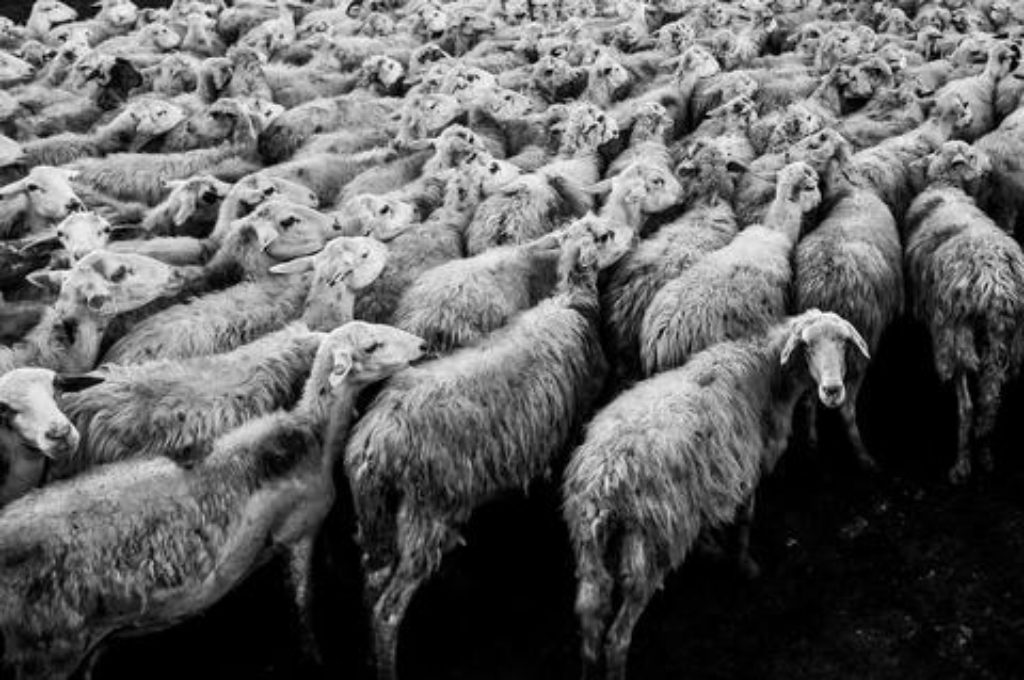Excessive use of antimicrobials in intensive livestock farming as One Health issue
Most antibiotics in livestock farming are used in aquaculture, but significant amounts are also used in terrestrial livestock species, particularly in poultry and pigs. Approximately 70% of antibiotics are used for non-therapeutic purposes, i.e. many antibiotics are used in sub-therapeutic doses and over prolonged periods, which leads to the development of genes that confer antimicrobial resistance to animal pathogens. These genes can subsequently be transferred to human pathogens and it is estimated that 75% of recently emerging diseases in humans are of animal origin. Antimicrobial resistance (AMR) problems are further exacerbated by the fact that antibiotic resistance genes were found in bacteria long before antibiotics were ever used on super-pathogens in farm animals. AMR is a worldwide problem, which clearly affects both animal and human health, and hence it is truly One Health issue.
Germany scores own goal…its not Spanish cucumbers!
It's not cucumbers, it might be beansprouts? E. coli O104 has killed 22 people so far, made over1400 ill and reached 11 countries. It has had a significant effect on two countries- damaging Spain’s economy and damaging the credibility of the German public health system. The fallout is broader still: the EU – and that…
Why Washing Your Vegetables and Hands May Not Protect You from E. coli, Staphylococcus, Salmonella…?
Following the recent outbreak of E. coli food poisoning in Germany that claimed at least 37 lives as of 14 June 2011 and still counting, numerous articles have been written, but many fundamental questions still remain unanswered. As you will remember, contaminated Spanish cucumbers were initially blamed for the outbreak of E. coli infection, which prompted the Spanish…


